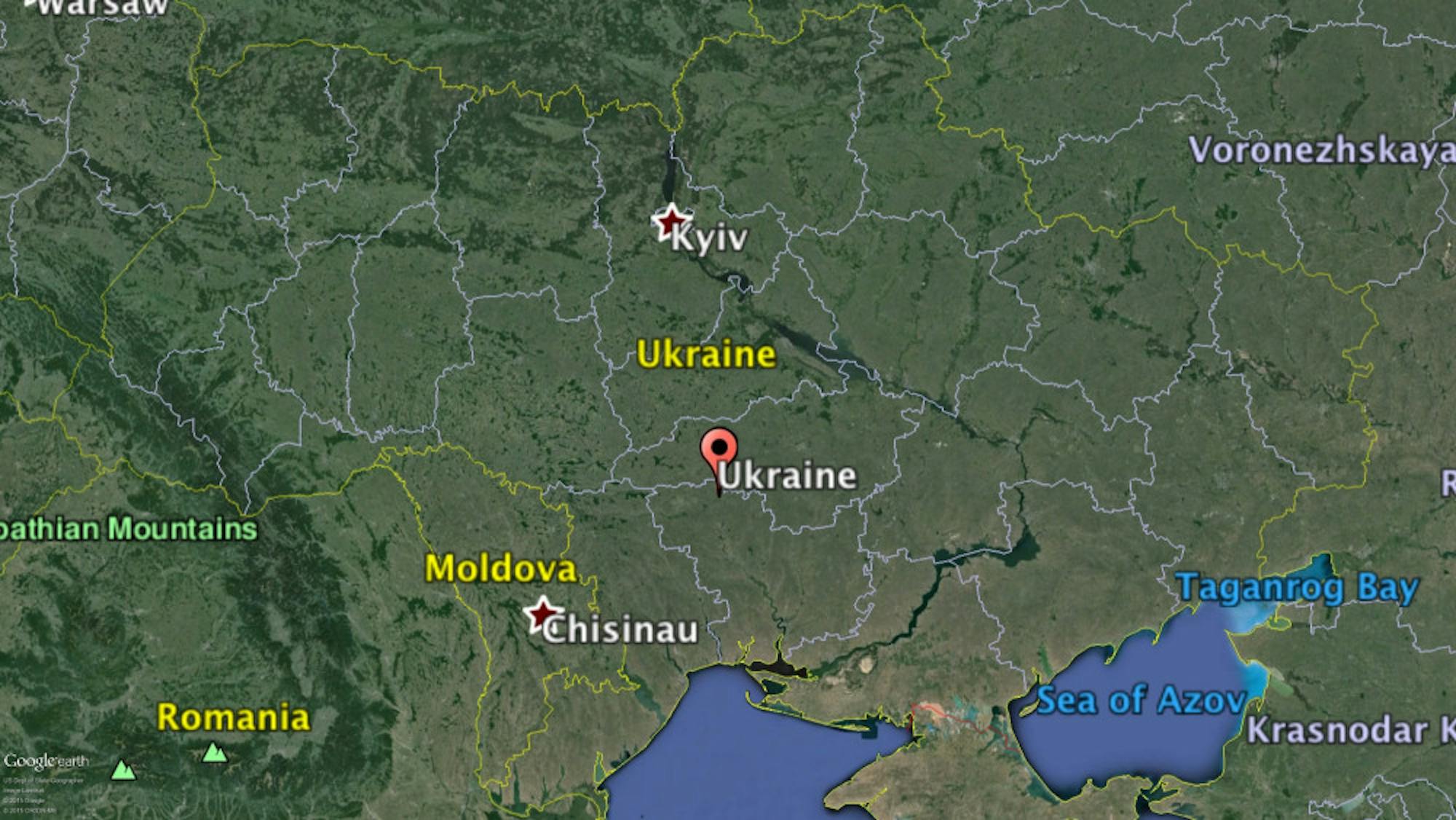It is time for the United States to evaluate our current foreign policy options in the embattled borders of Ukraine. Our millennial generation has sat back and watched the spottiness of President Obama’s foreign policy in the Middle East, Europe and elsewhere abroad. Every geopolitical crisis has been addressed on a case-by-case basis often lacking a coherent regional strategy. This is evidenced by the wide spectrum of President Obama’s foreign policy results including a “red-line” on Assad’s use of chemical weapons in Syria that was never upheld, the continual delay of withdrawal from Afghanistan, a NATO-led air campaign over Libya without a political reconstruction plan and earning the Nobel Peace Prize during his first year in office for "his extraordinary efforts to strengthen international diplomacy and co-operation between peoples." Another one of his more recent headline accomplishments was restoring diplomatic relations with Cuba and igniting a process of shedding old relics from the Cold War. However, the United States is now drawn about to face its old enemy, Russia, who is perpetuating a conflict in eastern Ukraine. And now the President and Congress are perplexed on how to respond to a civil war that brings old conceptions of containment to the surface and into the minds of our foreign policymakers.
First, we need to understand that Russian support to the eastern rebels is not entirely how the American public perceives it. American sanctions, combined with the falling price of oil, have sent the Russian economy into a downward spiral with the ruble rapidly depreciating in value. Russia is currently facing an epic recession, which has forced it to handle domestic economic affairs. Putin and the Kremlin are very vulnerable at this time and are attempting to conceal this weakness with a show of force in the region. With their current economy, Russia realistically cannot support the cession of more people into its borders and offer them equal services and benefits as Russian citizens. This is seen in Crimea where residents have struggled to receive even basic utilities since their supposed ‘annexation’ into Russia.
This past weekend, a diplomatic negotiation hosted in Minsk between the presidents of Germany, France, Ukraine and Russia resulted in a cease-fire between the Kiev government and the Eastern Ukrainian rebels. This wasn’t achieved in the spirit of Valentine's Day love but rather through 16 hours of negotiations and finger pointing. Sadly enough, a shelling recently claimed the lives of 15 people in Ukraine after the signing of the cease-fire raising the death toll near 5500 people.
The very fact that a U.S. delegate wasn’t present in Minsk speaks volumes to our country’s stake in this conflict. Realistically, Ukraine holds very little geopolitical capital to the United States other than serving as a buffer between Russia and the European Union. Yet, President Obama has been pressured to reserve military aid as an option for response to the civil war by hawkish members of Congress, namely the ranking members of the Senate Foreign Relations Committee, Sen. Bob Corker (R – TN) and Sen. Bob Menendez (D – NJ), who have titled this conflict a ‘Russian invasion’. Surely if Russia wanted to invade the entirety of Ukraine, it has the military might to do so yet it remains steadfast in sending limited military resources to the rebels in the Donetsk region even though this includes roughly 10,000 plain uniform infantry. Under these conditions, the Ukrainian military holds the potential to repel the rebels and re-unify the country. But the ten-month battle has reached a stalemate between the two sides and further escalation of arms will only claim more lives and cripple more Ukrainian infrastructure.
The White House and/or NATO shouldn’t deliver arms to Kiev because the prolonged conflict will only demand more reconstruction in Ukraine and consume more of the IMF’s $17.5 billion rescue aid. It’s also unrealistic to see Russia bend to the full demands of the Western coalition including withdrawal from Ukraine, Crimea and allow Ukraine to swiftly join the EU. The best way to heal the country is through negotiation with the rebels, commitment to the ceasefire, and gradual economic empowerment of Ukraine potentially through a partnership of both the West and Russia. In time, the EU can evaluate whether the new Ukraine under Poroshenko meets the requirements for membership to the EU.
In the long run, the United States should aim to diffuse our diplomatic rivalry with Russia to impede the diplomatic partnership between Russia and China, our up and coming geopolitical contender on the global stage. We should not expect a significant regime change in Russia anytime soon but the most successful war we’ve recently waged on them has been an economic one. If the United States forever strives to deter Russian imperialism or influence, then the Obama administration should partner with Congress to continue repressing Russia economically through the use of sanctions. As their economy continues to crumble and the Kremlin sees fewer options to revitalize the country, the power will trickle to the Russian people who might find that liberal spark to demand a new Russia. For now the question of European boundaries and concessions should be left to the European polar powers (EU and Russia) and Uncle Sam should sit this one out.
Kiev: a case against arms






